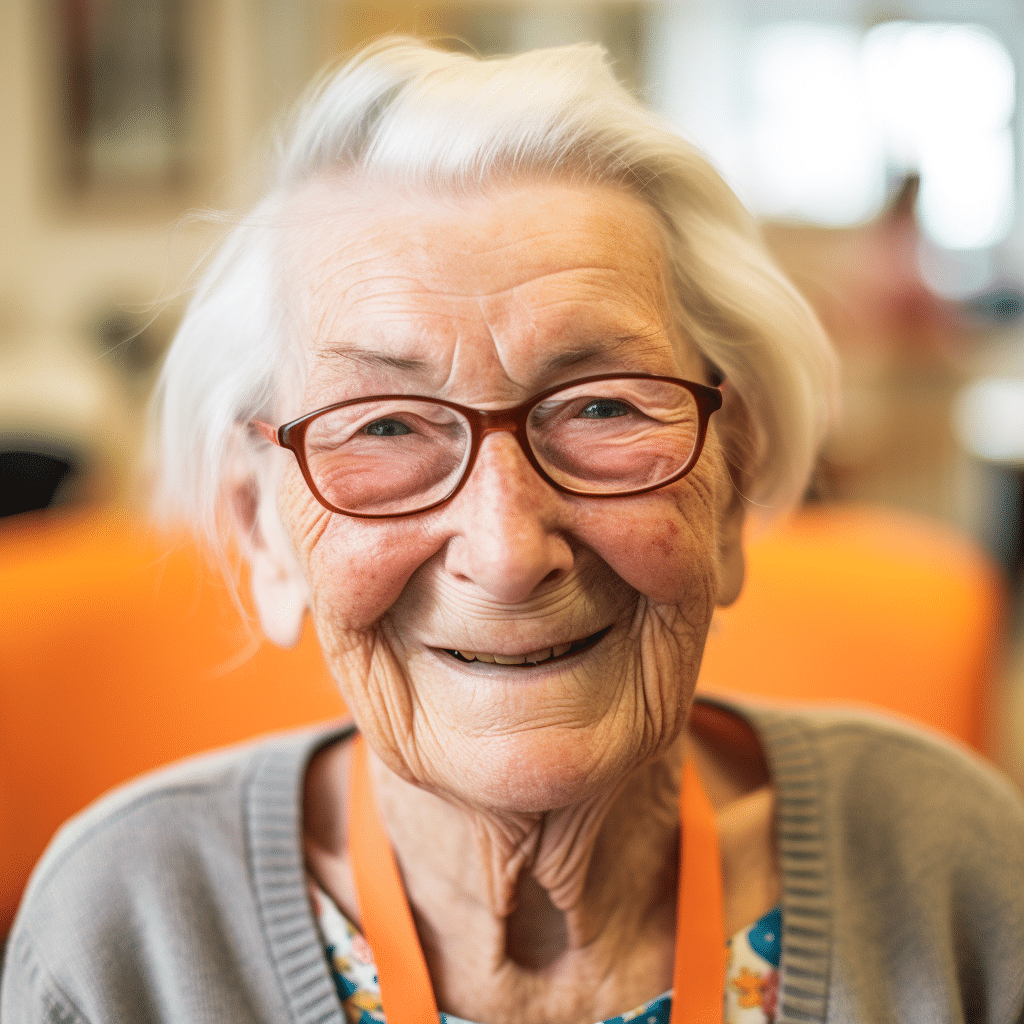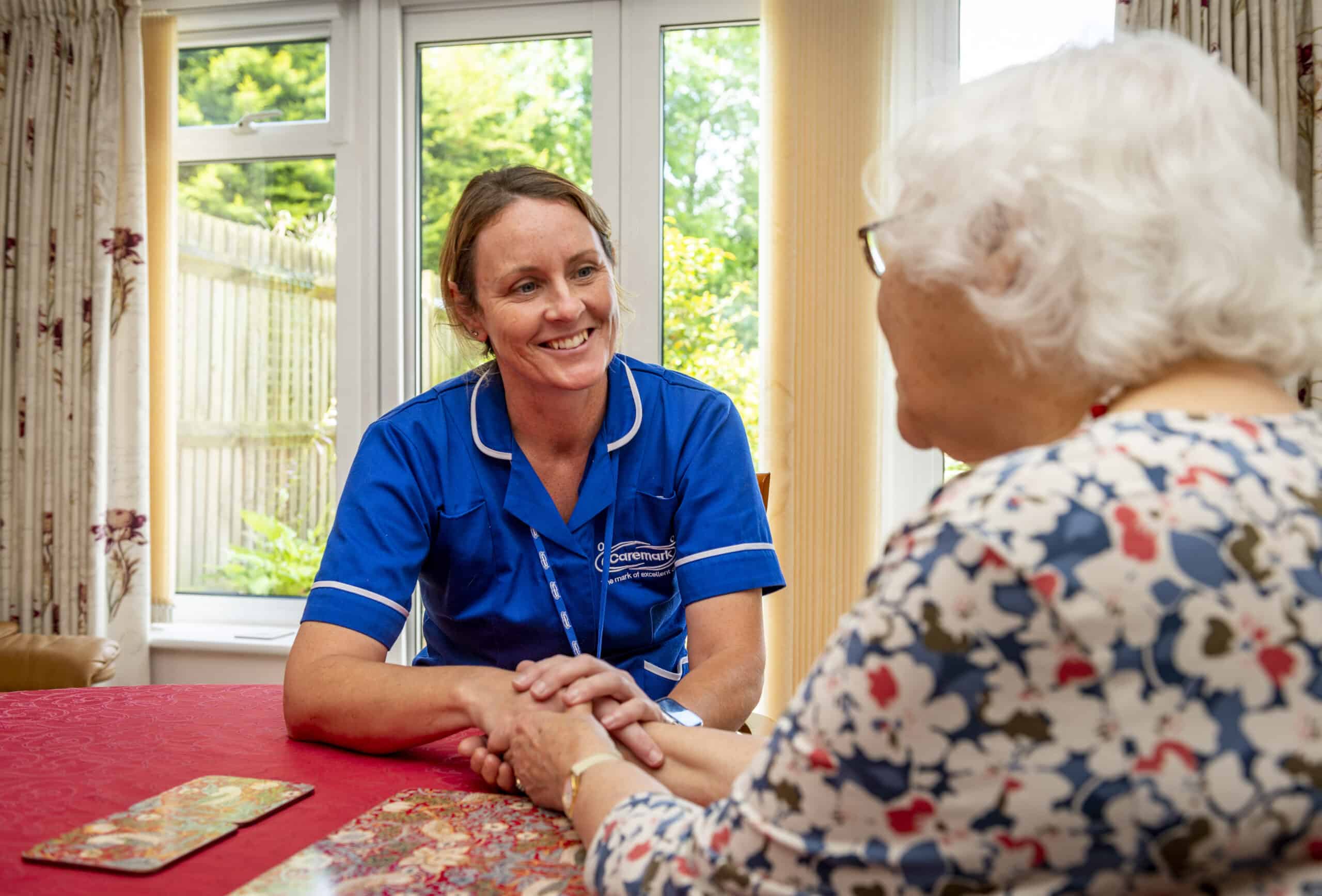The Art of Elderly Care at Home: Tips for Families

Providing care for the elderly at home is both a rewarding and challenging responsibility. It requires compassion, patience, and understanding of the unique needs of older adults.
Elderly individuals have specific needs that may differ significantly from those of younger adults. These can range from physical health requirements, such as assistance with mobility and managing chronic conditions, to emotional and social needs.
Creating a Safe and Comfortable Environment
Ensuring a safe and comfortable home environment is paramount in elderly care. This involves making necessary modifications to prevent falls, providing adequate lighting, and arranging the living space to accommodate mobility aids.
Emotional Support and Companionship
Older adults often face challenges such as loneliness and social isolation. Providing emotional support and companionship is vital for their mental and emotional well-being. Regular interaction, engaging in meaningful conversations, and participating in shared activities can greatly enhance their quality of life.
Nutrition and Dietary Needs
As people age, their dietary needs change. Ensuring that your elderly loved ones have a nutritious and balanced diet is essential for maintaining their health and well-being. This might involve preparing meals suited to their dietary restrictions and preferences.

Medication Management
Proper medication management is critical in elderly care. This includes ensuring that medications are taken as prescribed, monitoring for side effects, and keeping up with prescription refills.
Encouraging Independence
While providing care and support, it’s important to encourage independence wherever possible. Allowing the elderly to perform tasks they are capable of doing themselves fosters a sense of self-esteem and autonomy.
Regular Health Check-ups
Regular health check-ups are crucial to monitor the overall health and well-being of elderly individuals. These check-ups help in early detection of potential health issues and in managing existing conditions effectively.
Understanding and Managing Common Age-related Conditions
Familiarising yourself with common age-related conditions such as arthritis, hearing loss, and vision impairment can better prepare you to address the challenges these conditions bring.
Utilising Home Care Services
Sometimes, the care needs of an elderly person may go beyond what family members can provide. Utilising professional home care services, like those offered by Caremark, can provide additional support and expertise.

In enhancing our understanding of elderly care at home, it’s vital to consider the various dimensions that contribute to the overall well-being of older adults. This additional content, integrated into the blog post, will further explore key areas to ensure comprehensive care.
- Adapting to Cognitive Changes: As people age, they may experience changes in cognitive function. This can include memory lapses or slower processing speeds. It’s important to be patient and supportive, creating routines that help them remember daily tasks and schedules.
- Incorporating Technology: Technology can be a great ally in elderly care. From medication reminders to emergency alert systems, there are various tools that can enhance safety and independence. Introducing and teaching the use of these technologies should be done gradually and empathetically.
- Sensory Impairment Considerations: Hearing and vision impairments are common in the elderly. Ensuring that homes are equipped to deal with these changes – such as installing brighter lights or using visual or auditory aids – can significantly improve their quality of life.
- Mental Stimulation Activities: Engaging in activities that stimulate the mind is crucial. This can include puzzles, reading, art projects, or even simple games. These activities not only provide enjoyment but also help in maintaining cognitive functions.
- Community Engagement: Encouraging involvement in community activities can prevent isolation. Whether it’s joining a local club, participating in group exercise classes, or attending social events, staying socially active is beneficial for mental health.
- Respect and Dignity in Care: It’s essential to always treat elderly individuals with respect and dignity. This means listening to their preferences, involving them in decision-making, and respecting their privacy and independence.
- Regular Updates with Healthcare Professionals: Keeping in touch with healthcare providers ensures that any changes in health or care needs are promptly addressed. This involves regular check-ins and updates with doctors, nurses, or care coordinators.
- Creating a Supportive Network: Building a network of support with other family members, friends, and caregivers can provide a more robust care system. Sharing responsibilities and experiences can be beneficial for both the caregiver and the elderly person.
Integrating these aspects into daily care routines enriches the care provided, ensuring it addresses all facets of an elderly person’s life. The goal is to not only provide physical support but also to enrich their emotional, social, and mental well-being. With the right approach and understanding, caring for the elderly at home can be a fulfilling and rewarding experience for everyone involved.
Caremark’s Approach to Elderly Care
At Caremark, we understand the intricacies of elderly care at home. Our approach is centred on providing personalised and compassionate care, ensuring the safety and happiness of our customers in their own homes. Our care assistants are trained to assist with a range of needs, from household tasks to personal care, always prioritising the dignity and independence of the elderly.